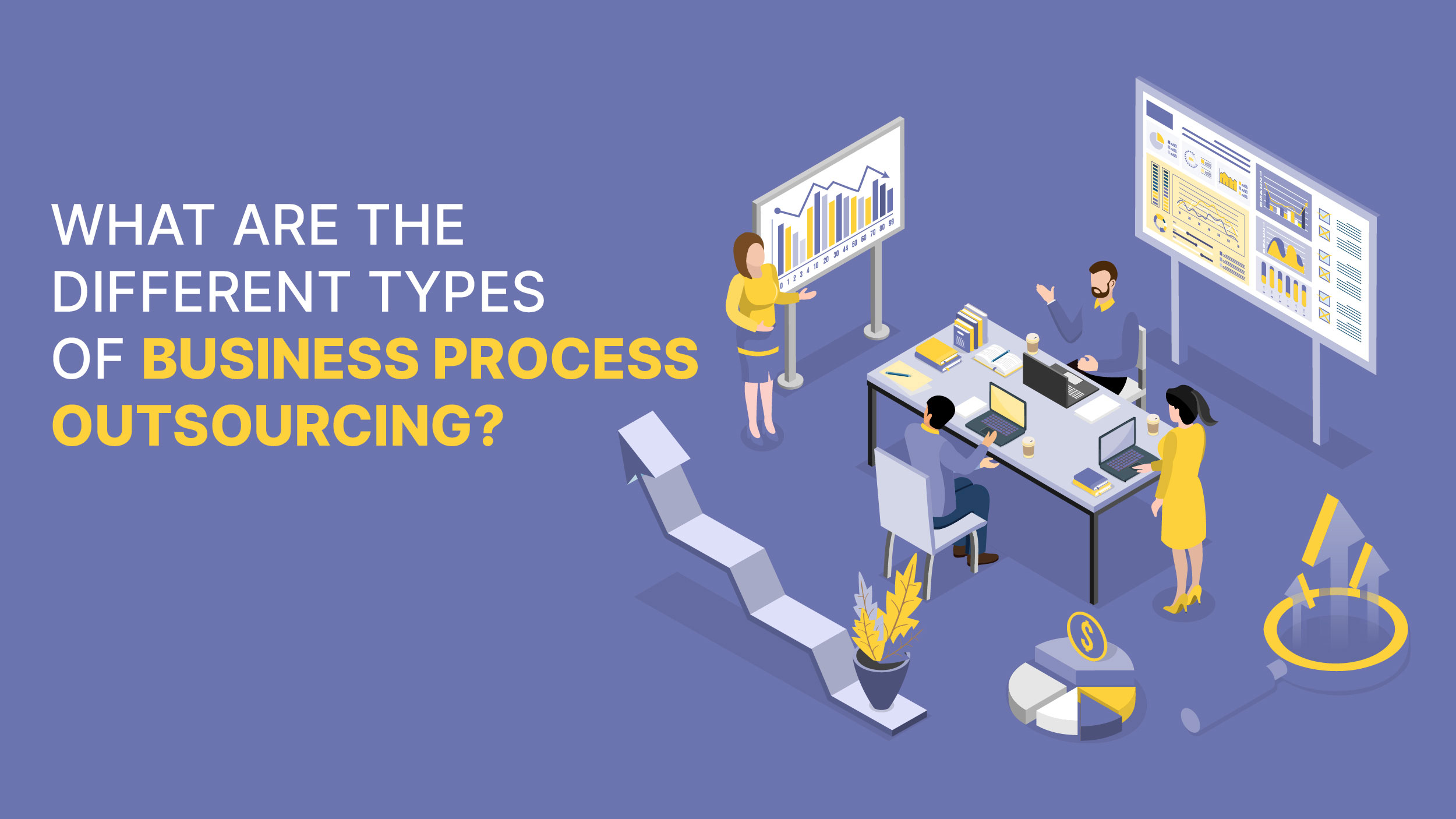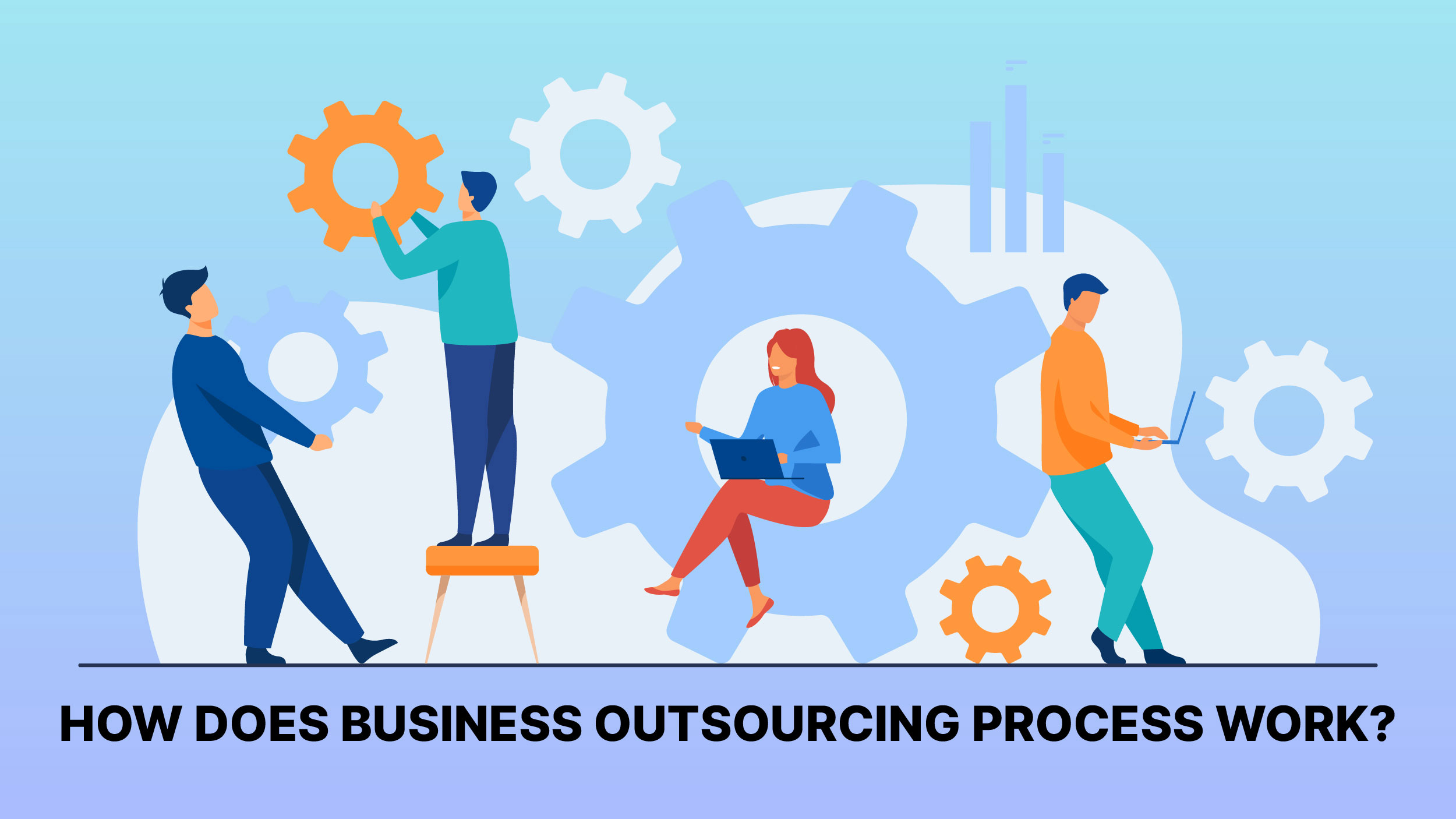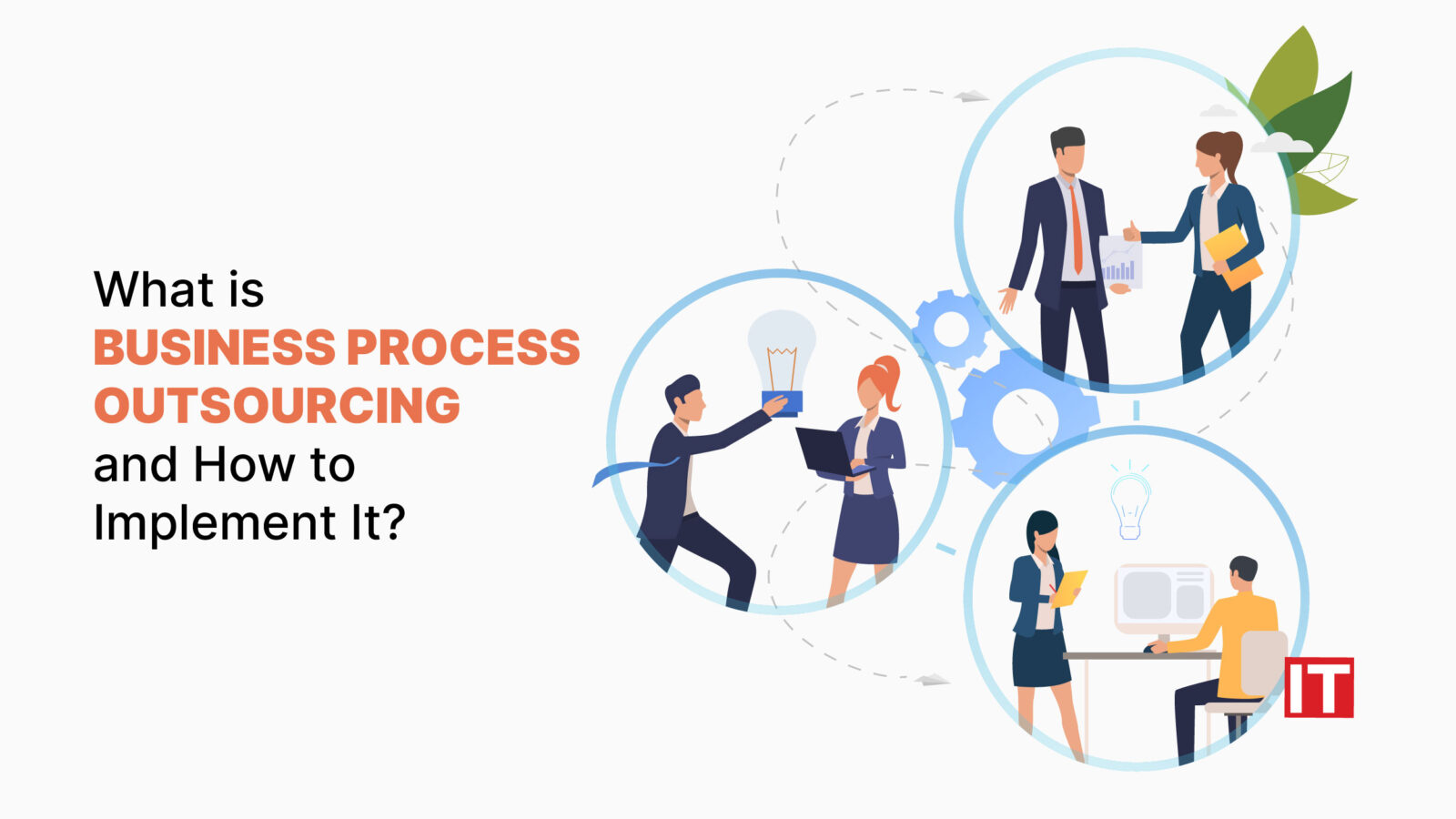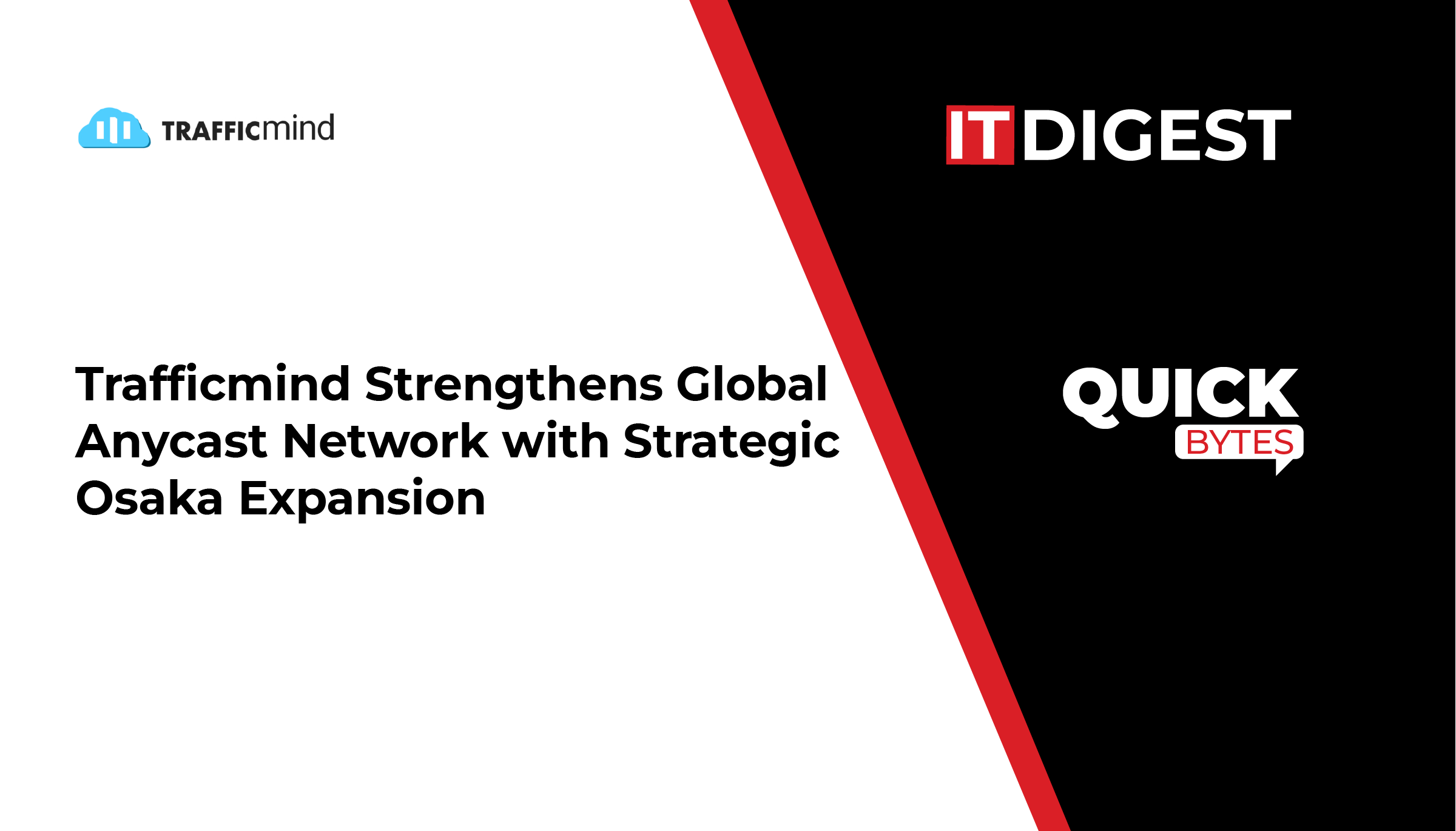When you are a business owner, it is easy to get overwhelmed to manage various business operations.
But, what if you don’t have to rely on your in-house employees for everything? You could cut some slacks for your employees and yourself.
Currently, 74% of businesses rely on the business process outsourcing sector for their IT requirements.
This is how vital business process outsourcing (BPO) could be for your business. We have researched extensively in this article to give you information regarding BPO.
Let’s get started, shall we?
What is Business Process Outsourcing (BPO)?
Business process outsourcing (BPO) services and providers is the practice of contracting out various company-related operations to independent vendors.
Although BPO was first only used by manufacturing companies, such as soft drink producers, who outsourced sizable portions of their supply chains, it is used today to outsource many various products and services.
Payroll and accounting are two examples of procedures that organizations frequently regard as potential options for BPO.
Enterprise executives frequently decide there is little value in having their own people do these commodity procedures because they typically need to distinguish one organization from another. Companies estimate that outsourcing these procedures to an expert source could result in better outcomes.
Still not convinced about using business process outsourcing? Well, let the statistics do the talk for us.
- 54% of companies use at least one support staff member from a third party to interact with customers.
- Deloitte estimates that 67% of businesses are planning to expand their operating service budgets, 57% will invest more in managed services, and 32% will increase their traditional outsourcing budgets.
- In 2023, 83% of small businesses expect to maintain or increase their BPO spend.
- In 2022, 65% of businesses that use BPO for application hosting increased their spending because of the positive shift in revenue.
What Attract Businesses towards BPO like a Honeybee?
BPO frequently attracts businesses because it gives them more operational freedom. enterprises can reallocate time and resources to core capabilities like customer interactions and product leadership by outsourcing non-core and administrative tasks, giving them an edge over rival enterprises in their market.
Businesses that use BPO have access to cutting-edge technology tools they might not otherwise have. By implementing the newest technologies and practices, BPO partners and businesses continuously try to improve their operations.
Since the corporate income tax in the United States is among the highest in the industrialized world, American businesses can save costs by outsourcing their operations to nations with lower corporate income taxes and cheaper labor costs.
BPO also provides businesses with the advantages of rapid resource reassignment as needed, improved productivity, and quick and accurate reporting.
44% of chief intelligence officers are keen to communicate with and exchange data with outsourcing companies despite any objections.
What are the Different Types of Business Process Outsourcing?

The different types of business process outsourcing are given below:
Based on where they are located, BPO businesses can be categorized into numerous different types:
- Onshore outsourcing is when a company employs a service provider based in the same nation. It is also known as domestic outsourcing.
- When a company employs a service provider in a nearby nation, this is known as nearshore outsourcing.
- When a company employs a service provider in another nation, this practice is known as offshore outsourcing. It is also referred to as offshore.
Some of the key business process outsourcing companies offering excellent business process outsourcing services are Accenture, IBM Global Services, Infosys BPM Ltd., Wipro BPO, and much more.
Explaining Advantages and Disadvantages of Business Process Outsourcing
BPO offers a wide range of benefits. The fact that costs are reduced is one of the main benefits. An internal cost is incurred to carry out a particular job function. In order to lower the overall cost of carrying out that job function, BPO can lower these costs by outsourcing this task to an outside party, frequently in a less expensive country.
Another benefit is that a business can concentrate on core operations that are essential to its success rather than on non-essential administrative duties or other facets of running a business. BPO supports growth in other ways as well, particularly when becoming worldwide.
Employing a BPO firm with knowledge of the local market and fluency in the local language is highly advantageous for businesses looking to launch an overseas branch or conduct business abroad.
Disadvantages of BPO
BPO has a lot of benefits, but there are drawbacks as well. It’s possible for a company that outsources its business processes to experience data breaches or communication problems that cause project completion to be delayed, and such companies can misjudge the operating expenses of BPO providers.
If customers believe that outsourcing is of poorer quality or that it replaces domestic jobs, this could be another drawback.
The use of BPOs causes issues for 68% of organizations trying to switch to cloud infrastructure.
How Does Business Outsourcing Process Work?

When a business decides it can benefit from contracting out a business function, such as supply chain management, accounting, or marketing, business process outsourcing is initiated. The business then starts looking at other businesses that focus on carrying out the required business function. The searching organization will frequently get in touch with multiple business outsourcing process providers to find the ideal match.
A conversation starts once a business contacts a reputable BPO firm. Many BPO providers identify the client company’s needs before customizing a solution to meet those demands. Because of this, no two BPO-client relationships are ever precisely the same. Following that, the BPO provider will create a contract, frequently referred to as a master service agreement (MSA) or service-level agreement (SLA), that provides a general summary of the conditions of the relationship.
The client firm’s decision-makers choose the BPO company that provides the best value after receiving these broad contracts from potential BPO providers. In the event that the primary BPO provider is unable to perform as promised, a backup BPO provider may also be chosen.
More specific agreements may be created to detail how each project will be handled by the BPO provider after it has been contracted. A statement of work (SOW) is a common name for such a detailed contract. Based on the conditions outlined in the MSA, SLA, and/or SOW, the connection thereafter continues. To maintain an ideal ongoing connection between the customer and the BPO provider, the SOW may be specifically reviewed and updated as needed.
Final Thoughts on Business Process Outsourcing
Business process outsourcing is based on the particular requirements and objectives of the organization. BPO can provide a number of advantages, including cost savings, enhanced effectiveness, and access to specialized technology and talents. However, it’s crucial for businesses to give their outsourcing plan significant thought, including choosing the best service provider, setting clear goals, and keeping up good communication.
BPO may also provide hazards, including possible problems with data security and confidentiality and loss of control over important corporate operations. BPO can, in general, be a useful tool for businesses aiming to enhance their operations and concentrate on their core business responsibilities when used properly.

































